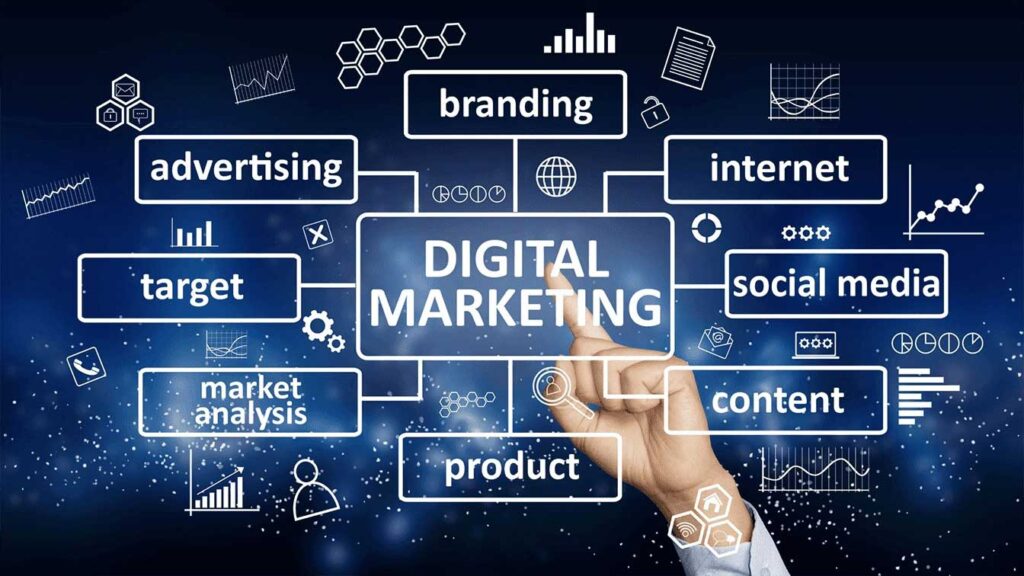Digital marketing refers to the use of digital channels, platforms, and technologies to promote products or services to consumers. Unlike traditional marketing methods such as print ads or billboards, digital marketing uses the internet and electronic devices to reach a broader and more targeted audience.
The core components of digital marketing include Search Engine Optimization (SEO), Social Media Marketing (SMM), Pay-Per-Click (PPC) advertising, Email Marketing, Content Marketing, Affiliate Marketing, and Mobile Marketing. Each of these methods plays a unique role in helping businesses connect with customers, build brand awareness, and drive sales.
One of the main advantages of digital marketing is its ability to target specific demographics. Businesses can tailor their messages based on age, location, interests, online behavior, and more. This ensures that the right message reaches the right audience at the right time.
SEO helps improve a website’s visibility on search engines like Google, bringing in organic (unpaid) traffic. Social media platforms like Facebook, Instagram, and LinkedIn allow brands to engage with users, share content, and build communities. PPC advertising lets businesses pay for top positions on search engines or social media feeds, offering immediate visibility.
Email marketing remains a powerful tool for personalized communication, while content marketing focuses on creating valuable, relevant content to attract and retain customers. Mobile marketing targets users on smartphones through SMS, apps, or mobile-optimized websites.
Digital marketing also provides measurable results. Tools like Google Analytics and Facebook Insights allow marketers to track campaign performance, understand user behavior, and make data-driven decisions.
In today’s digital age, digital marketing is essential for businesses of all sizes. It is cost-effective, scalable, and highly flexible, making it a critical strategy for reaching today’s tech-savvy consumers and staying ahead in the competitive marketplac

Search Engine Optimization (SEO): Improving website ranking on search engines.
Social Media Marketing: Promoting on platforms like Facebook, Instagram, and Twitter.
Content Marketing: Creating and sharing valuable content to attract users.
Email Marketing: Sending direct messages to potential customers via email.
Pay-Per-Click (PPC): Paid ads that appear on search engines or websites.
Affiliate Marketing: Promoting products through third-party partners.